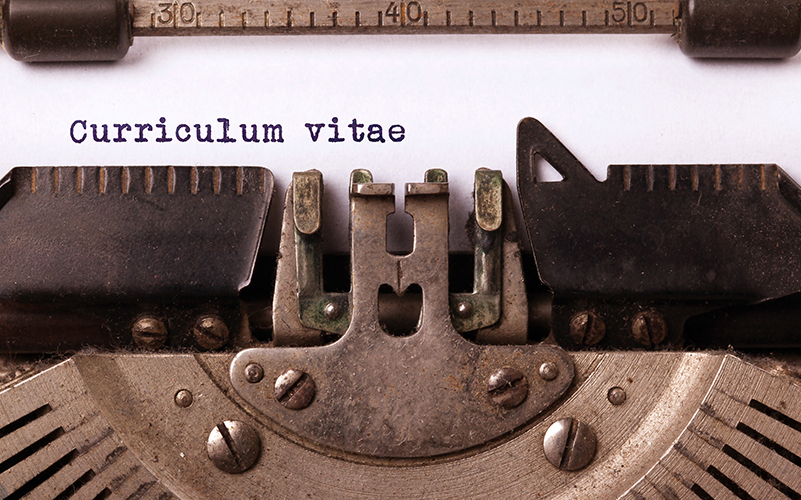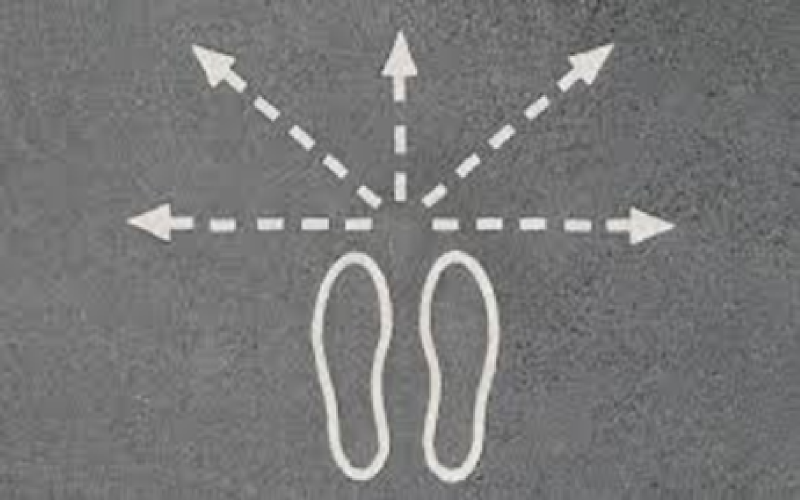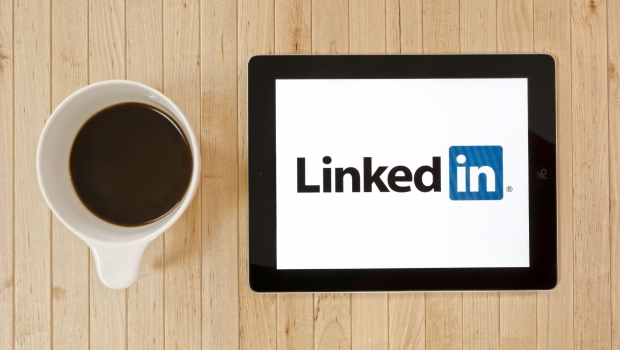
How to ace your graduate interview
Google “graduate interview advice” and you will get 1,310,00 results. That’s the first problem. The second is that there’s quite a bit of dubious, contradictory information which makes it hard to figure out what advice to trust. That’s where Cruncher comes in – we’ve been interviewing graduates for trainee accountant roles for quite a while now. Here are our top tips to ace your graduate interviews:
Before the interview – first impressions
First impressions aren’t made at interview. They are made by the quality of your CV and your application. They are also made by the speed of your response to a request for interview and your flexibility to attend interview. The impression formed by a great CV and perfect cover letter can be ruined by an unreturned phone call or a lack of flexibility to attend interview. If you’re really interested in a job, you need to make it your priority – reply quickly, be available to interview at the company’s convenience and make sure you continue to make a great first impression.
At the interview – lasting impressions
Let’s cover the obvious stuff first – professional dress, professional presentation (things like shaving, trimming that scruffy beard, making sure you’re not having a bad hair day etc.) and being on time are all pretty important. These seemingly small things make a big difference. Assuming you nail the obvious stuff, here are a few less obvious tips for creating a lasting impression:
- Know what the company does but, most importantly, know why it does what it does. What problem does it solve for its customers? What’s its brand message? What does it convey to you as an outside observer? The more you know beyond the job description and ‘vanilla’ company information, the more you’ll stand out from the crowd;
- Get detail from your point of contact on context (for example, the percentage split of duties, team structure, systems and organisational structure) and use these insights to ‘dial up’ and ‘dial down’ your relevant experience and expressions of interest;
- Use LinkedIn to find out a little about the people you’re meeting – are they from the same county as you? Did they go to the same college as you? Small connections like this can be a great opportunity to form a connection. Why not drop them an invitation to connect before the interview – this shows that you’re doing your homework and might just help them remember you;
- Get to the point. When asked “Tell me about yourself?”, don’t spend the next 20 minutes talking about what you did in your summer job during transition year. Do give a little context to your back-story, but keep the real detail for things that will be of interest and relevance to the people you’re meeting;
- If there are more than two interviewers, balance your eye contact between both regardless of who asks the question. On eye contact, anything more than 70% is a bit too intense. Try not to stare;
- Bring as little as possible with you to the interview. Jackets or big bags, for example, can be left at reception if needs be. If you feel the need to bring a copy of your CV or a notebook with your questions/research, then do, but don’t take them out unless you really have to. Interviewers will expect you to know your CV back to front and taking notes can create very uncomfortable silences in interview;
- A firm handshake, eye contact and a smile make a great impression. In the first couple of minutes, take a little responsibility for carrying the conversation – a few pleasantries about the office or the location can help break the ice and establish rapport;
- Remember, the people you’re meeting aren’t necessarily professional interviewers and will most likely be hoping to make an impression on you too. They’re (mostly) not there to interrogate you;
- It’s normal to be a little nervous – embrace it;
- Asking good questions at the end of the meeting is the very best way to engage your audience and get them talking about their company and their role. Be smart and don’t ask the standard or common questions. Instead, try to get under the bonnet of the business and role;
- If you are interviewing for a trainee accountant role, be sure to know what exemptions you have and what qualifications you’re considering. If you can’t talk about these things, the interviewer will likely doubt your interest in the role;
- Acknowledge that you’ve a lot to learn – it’s really important to put your best foot forward but equally important that you understand that there’s a lot for you to learn; and
- Have fun and enjoy the experience. If you get the job, you’re going to be spending a lot of time with these people so get to know them. Doing so will allow you to make an informed decision as to whether they’re the right team for you.
Now that you’ve the basics covered, do a little research into competency-based interview questions and how to make them work for you. There are plenty of resources out there online around doing STAR interviews or answering competency based questions – google is good for that at least!






